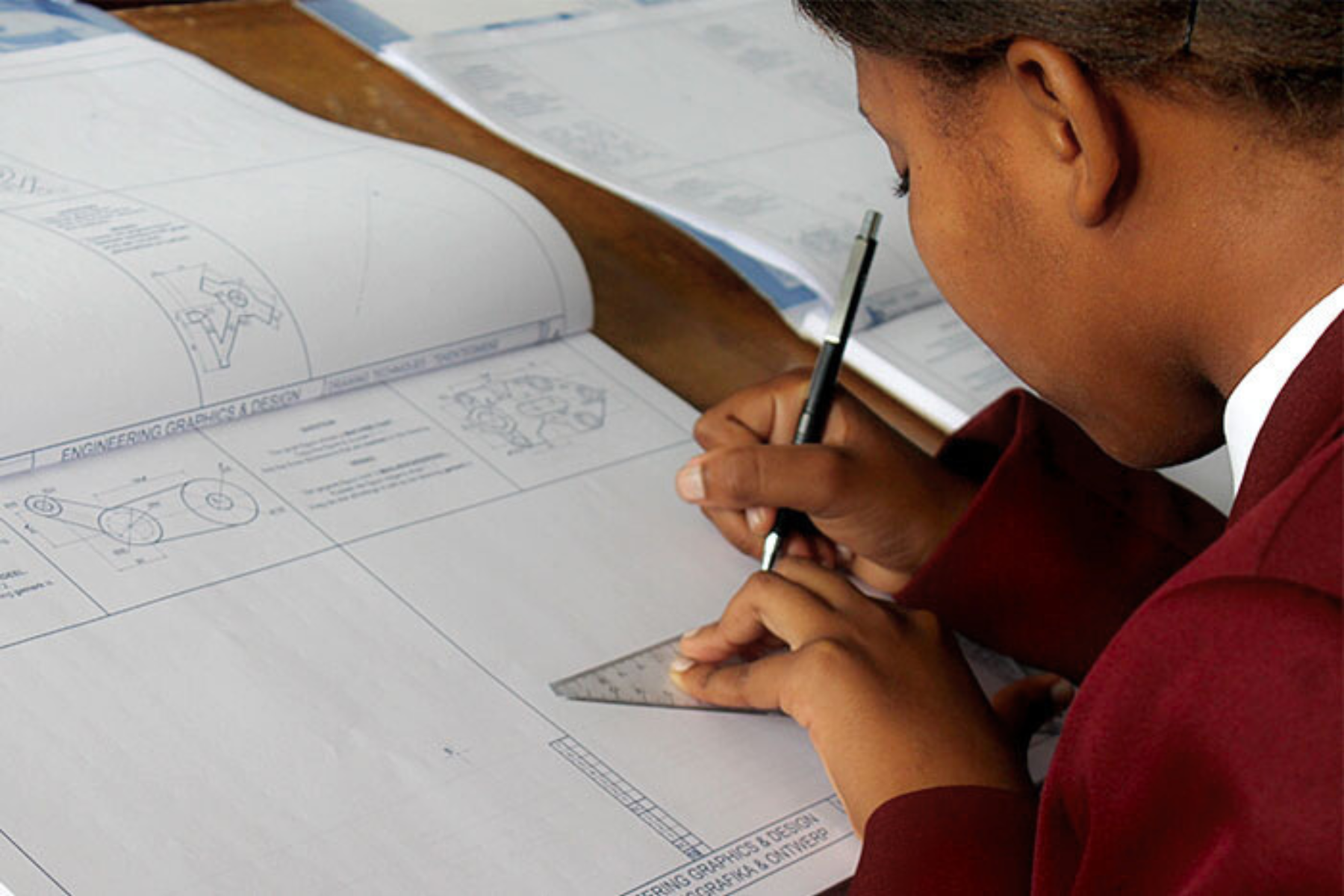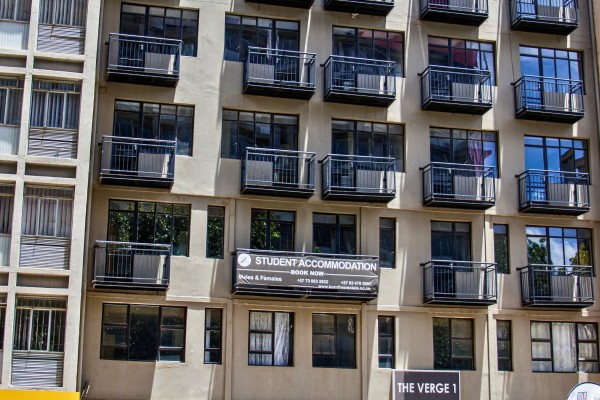Subject Choices for Grade 10 | Guide for Scholars and Parents


Grade 9 the year your South African teenager stands on the edge of high school’s “next big step”— making their subject choices for Grade 10 that will determine not only the rest of their school career, but also their future career path. No pressure.
As if adolescence wasn’t tricky enough with all those hormones, friendships, and growth spurts, now they’re faced with a decision that could shape their future. And, how should you be guiding and assisting them in this big decision?
Luckily, we’ve done the research so that you can confidently enter the conversation and help make some tough decisions.
South African School Subject Options
In South Africa, when your child reaches Grade 10, they get to select some of their subjects, but not all. There are a few compulsory subjects they’ll have to take, and then they get to pick from elective subjects to fill out their timetable. Let’s start with the basics.
Compulsory Subjects
These are the subjects every learner has to take, regardless of their interests:
- Home Language
- A First Additional Language
- Life Orientation
- Mathematics or Mathematical Literacy
Maths vs. Maths Literacy
This decision is a big one, and it all comes down to your child’s strengths and future goals. There is lots of discourse around this topic so it is important to note that choosing one over the other is not entirely a reflection of how smart your child is. Here's the difference:
Mathematics
Mathematics is more abstract and includes algebra, calculus, and geometry. It’s a must for careers in engineering, science, IT, and certain medical fields.
Pros: Opens the door to a wider range of university degrees and careers.
Cons: Can be very challenging, and only some learners need it.
Mathematical Literacy
Mathematical Literacy (or Maths Lit) is more practical, focusing on everyday maths like budgeting, measurements, and data interpretation.
Pros: More accessible for learners who don’t need advanced maths for their career paths.
Cons: Limits access to certain fields of study that require pure maths, like engineering or actuarial science.
If your child dreams of being an engineer or doctor, Mathematics is probably a good bet. But if they’re more into fields like arts, hospitality, or business, Maths Lit might be a less stressful option.
Elective Subjects
Now for the fun part! Your child can choose subjects that match their interests and potential career paths. Some schools offer a variety of electives. Here are the common options:
| Accounting | Business Studies | Economics |
| Geography | History | Consumer Studies |
| Information Technology | Life Sciences | Physical Sciences |
A note on Languages
All schools offer English as a Home Language or First Additional Language. Depending on the region you live in, one of the other 11 official languages will also be offered.
Specialised Subjects
Specialist niche schools and many private schools offer trade-focused subjects. These subjects give learners basic skills for pursuing specific careers.
These include specialist technical high schools such as Springs Technical High School in Gauteng or Port Rex Technical High School in the Eastern Cape for instance.
They offer subjects like Computer Applications Technology, Engineering Graphics and Design, Mechanical Technology, and Civil Technology.
These technical subjects can help prepare learners for careers in Engineering, Civil Technology and the Automotive industry.

If fighting for food insecurity is your child’s passion, why not try an agriculture-focused school like the Harry Oppenheimer Agricultural High School? This unique scholl offers subjects like Agricultural Sciences, Agricultural Management Practices and Agricultural Technology. Choosing subjects like these can give future farmers and agricultural scientists essential skills to succeed.
And for those who prefer being in the spotlight, specialist arts schools like the National School of the Arts, offer subjects such as Dance Studies, Dramatic Arts, Visual Arts and Music to prepare learners to dazzle on stage, screen and at galleries.
Read more on Top Schools in South Africa
Consider Your Child’s Interests and Strengths: Passion Over Profession
When helping your child choose subjects, it’s tempting to think about careers —“Do these subjects lead to a high-paying job?” But remember, passion beats profession any day.
If your child loves history, they’re more likely to succeed in their chosen than if they’re forced into something they’re not interested in.
Encourage your teen to focus on what interests them and where their strengths lie. Are they always tinkering with gadgets? Maybe Computer Science or CAT is a good fit. Do they have a passion for nature? Life Sciences and Geography might be their thing.
Consider Possible Study and Career Options
While it’s important to follow passions, it’s also worth thinking about the future. What careers might be available to your child when they finish school?
Some careers that exist now didn’t exist even 10 years ago—think app developers, AI, social media managers, and e-sports players.
The world is constantly changing, so it’s good to keep an open mind.
Higher Education Options
After matric, your child has a few paths to consider:
University: Traditional degrees in fields like law, medicine, engineering, or the arts.
TVET Colleges: Practical, hands-on training for fields like electrical engineering, hospitality, and marketing.
Private Colleges: For specific careers like fashion design, film, or even game development.
Apprenticeships/Internships: Learning on the job is a great way to jumpstart a career without the hefty university price tag.
Some future-proof career options include coding, AI development, renewable energy, and environmental sciences. Choosing the right subjects now can help set your child on the path to these emerging fields.

Speak to People – Knowledge is Power
No one knows a subject better than someone who has already studied it. Encourage your child to talk to people who’ve taken the subjects they’re interested in.
Whether it’s an older sibling, a family friend, or a university student, they can provide valuable insights. They can explain what the subject is really like and how it helped them in their career.
Tip: Contact SAQA (South African Qualifications Authority) if you need guidance on official qualifications. They can also help with subject requirements for certain fields.
Consider attending open days at universities and colleges. Visiting career expos is also a great option. These events give scholars firsthand experience of different fields. They can help your child picture where their subject choices might lead them.
Don’t Let Peer Pressure Lead You
This one’s big– peer pressure is a very real thing for teens, and it can sneak into subject selection too.
Maybe your child wants to choose a subject because their friends are taking it, or because it’s seen as “cool” or prestigious in your community. Resist the urge to go down this path.
Tip: Remind your child that they’re the ones who’ll be writing the exams, not their friends. Encourage them to choose subjects that align with their goals, strengths, and passions, not those of their peers.
Choosing subjects based on what sounds impressive to others might leave your child stuck in a field they don’t enjoy.
Instead, empower them to carve out their own path—one that feels right for them, even if it’s different from what everyone else is doing.
Consider Changing Schools: Make a Move
If your child’s current school doesn’t offer the subjects they’re passionate about, it might be worth considering a school change. Some schools specialise in certain fields, like science or the arts, and could provide the exact environment your child needs to thrive.
While moving schools is a big decision, it can be the best choice if it means your child can pursue subjects they’re genuinely excited about.
If you do decide it’s time for change, let Wise Move help you find local professional moving services in your area. It’s easy and fast to get multiple competitive moving quotes– allowing you to focus on the bigger decisions.

Ready to make some life choices?
At the end of the day, choosing Grade 10 subjects is an exciting step toward your child’s future. While it can feel overwhelming, it’s also a time of growth and opportunity. By focusing on their strengths, passions, and long-term goals, you’ll be helping them plant the seeds for success.
And remember, no decision is set in stone. Many students change their minds along the way, and that’s okay! Life is a journey, and school is just one part of the adventure.
























